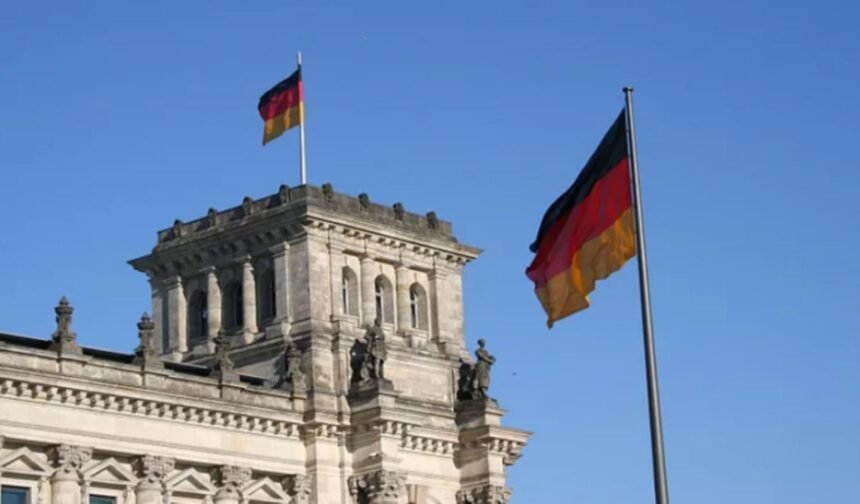Germany has reached a new coalition agreement for the formation of its next government, led by incoming Chancellor Friedrich Merz (CDU), introducing stricter migration policies that directly affect Kosovo and the wider Balkan region.
At the heart of the agreement are significant changes to the Western Balkans Regulation and the German citizenship law. The annual quota for work permits granted to citizens from Kosovo, Albania, North Macedonia, Bosnia and Herzegovina, Montenegro, and Serbia will be cut in half — from 50,000, set last year, to 25,000.
Migration experts argue that Germany’s migration system should be increasingly based on professional qualifications rather than geographic origin.
Tighter Controls and Citizenship Rules
The new deal also imposes stricter conditions for obtaining German citizenship. In the future, citizenship will only be available after five years of residence, instead of three.
Other measures include a ban on family reunifications for certain categories of refugees and an end to voluntary admissions, including for individuals from Afghanistan.
Incoming Chancellor Merz described the agreement as a “strong signal for Europe,” emphasizing that “Germany is on the right track” and that “Europe can rely on Germany.” He also signaled to U.S. President Donald Trump that Germany would meet its defense commitments and work to boost its economic competitiveness.
Economic Recovery and Balkan Policy
Beyond migration, the agreement includes economic reforms aimed at reviving Germany’s economy after three years of recession. These measures feature tax cuts for businesses, tax exemptions for overtime work, and more flexibility for pensioners wishing to stay in the workforce.
Despite the new restrictions, the Western Balkans will remain a priority on Berlin’s international agenda. Germany’s commitment to the Berlin Process will continue, supporting the region’s path toward European Union membership.







